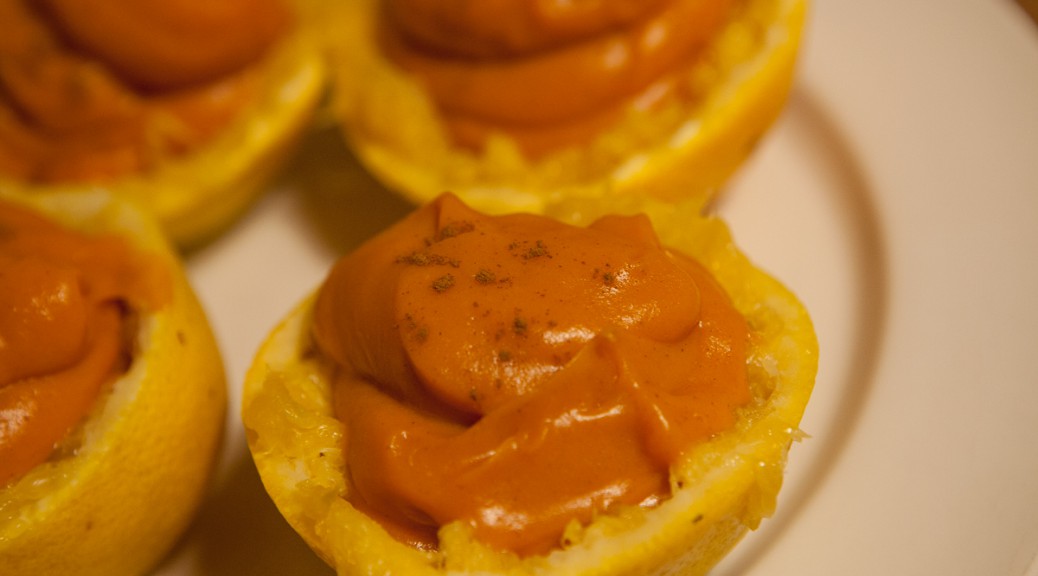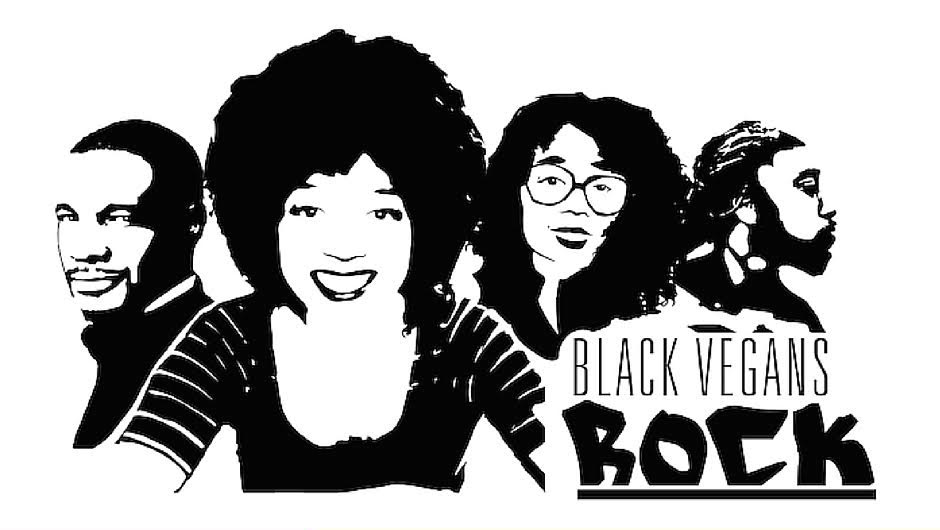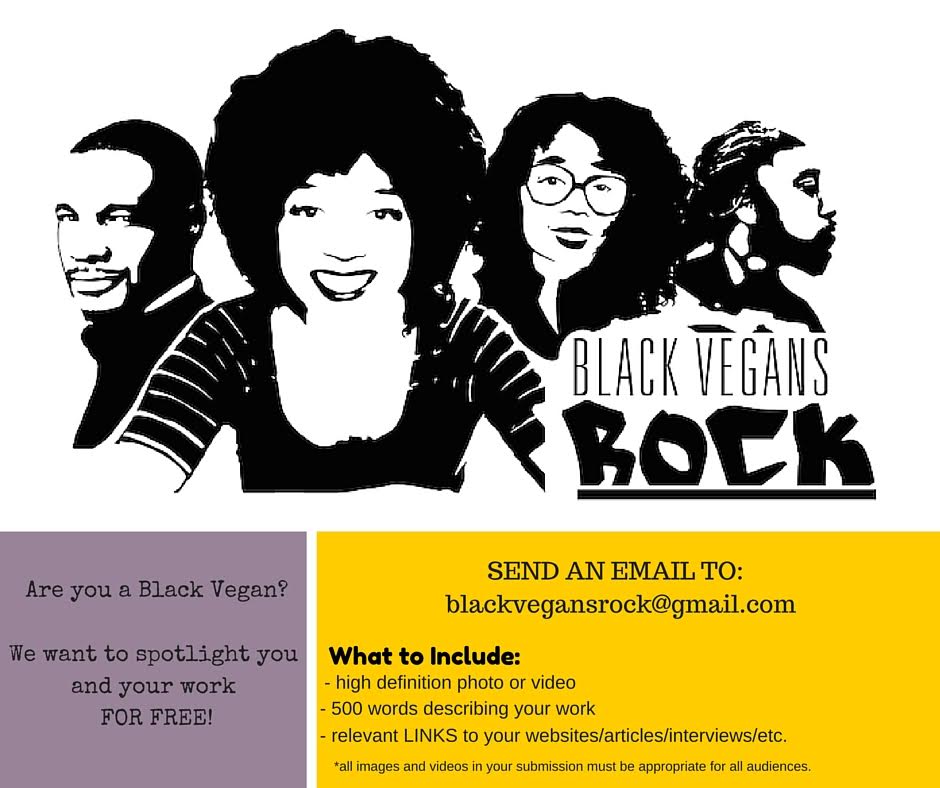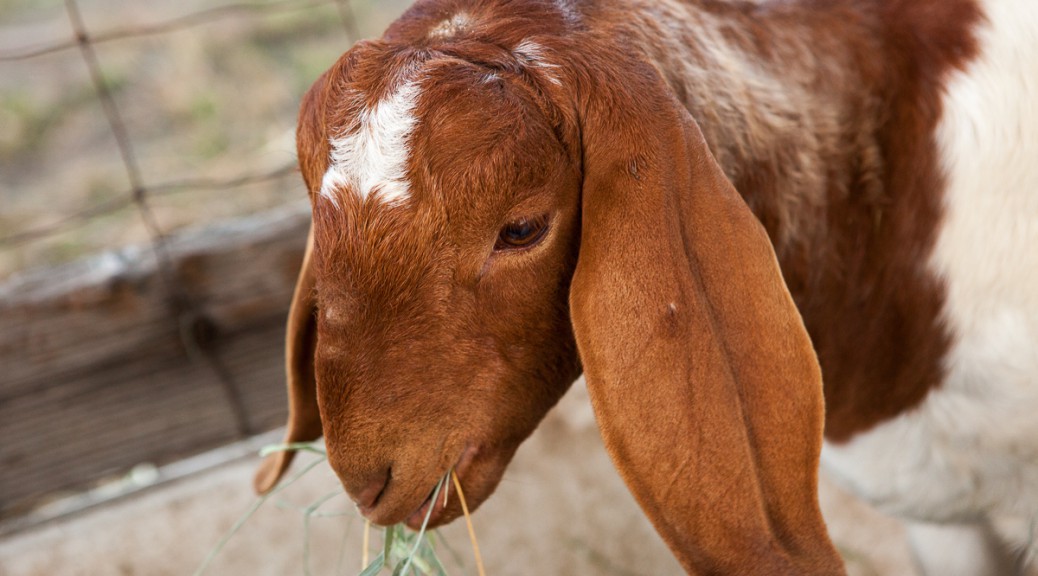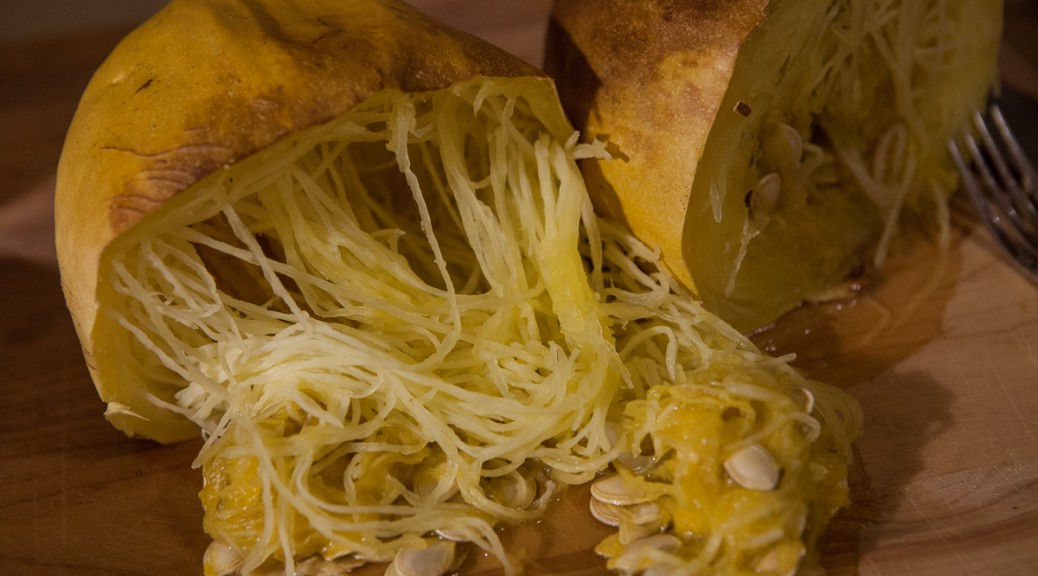My foray into animal rights activism has really opened my eyes to the amount of injustice in the world. Rather than ranking the needs of non-human animals over those of humans, I have been as vocal about racism and sexism (including cissexism) as about speciesism. Unfortunately, many in the animal rights community don’t see the predominance of white male leaders as a problem, whether or not those leaders give lip service to intersectionality.
Recently, Ruby Hamad wrote about racist and sexist messaging by white male vegans, citing as examples Durian Rider, Gary Yourofsky, and Gary Francione. Francione responded with a lengthy, ego-ridden display of white fragility in which he was “astonished” to be lumped in with people like Rider and Yourofsky, and accused the writer of “lumping all men in the same group.” Francione accused Hamad of criticizing his views simply “because some white guy promotes [them].” He also discredited the work of black vegan feminist scholar Dr. A. Breeze Harper based on selected comments from one of her talks.
Here’s the thing. All men benefit from the patriarchy. All white people benefit from white supremacy. As I’ve written previously, saying “not all men” or “not all white people” assures the reader that the charge of racism or sexism is not being levied against them. But dismantling oppression is more important than protecting fragile white male egos. Rather than defensively respond to accusations with “I am not a racist/sexist,” the person accused ought to reflect on their privileges and carefully examine why their statements might be harmful to a member of an oppressed group. What is racist is not up to a white person to decide, and likewise with sexism and men.
Normally I would just ignore Francione (I wrote up a detailed account of my troubles with him previously), but I cannot ignore the deliberate suppression of vegan women of color like Dr. Harper who have done so much work to promote both animal and human liberation. And now Francione’s influence has extended to getting another vegan woman of color, Sarah K. Woodcock of The Abolitionist Vegan Society, removed from VegFest UK. Apparently Tim Barford, who battled publicly with Francione in the past, has now bought into “Frabolitionism,” and didn’t like that Woodcock has been critical of Francione. Nevermind her unwavering dedication to abolitionist vegan advocacy; the crime of being “rude” to a white man is apparently unforgivable.
White men aren’t going to let go of their power and influence in the vegan and animal rights movements without a fight. Choosing which battles are worth fighting is necessary to prevent burnout. I’m realizing the wisdom in Aph Ko’s plan for Black Vegans Rock: “Stop deconstructing white uncritical spaces, and start (re)constructing more black progressive spaces.” As this article promoting Black Vegans Rock states, veganism has a serious race problem. And white men are not the ones who are going to fix it.
